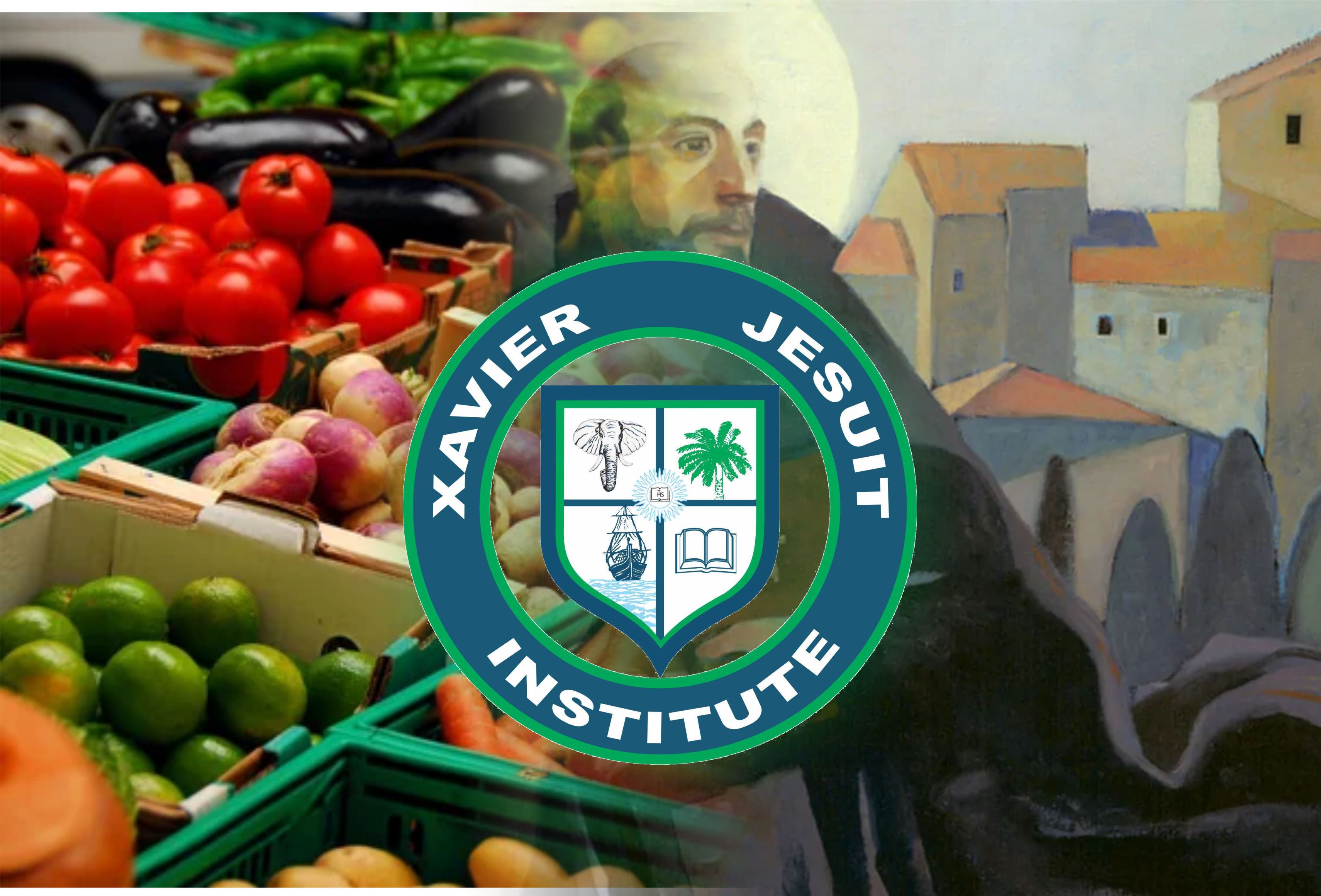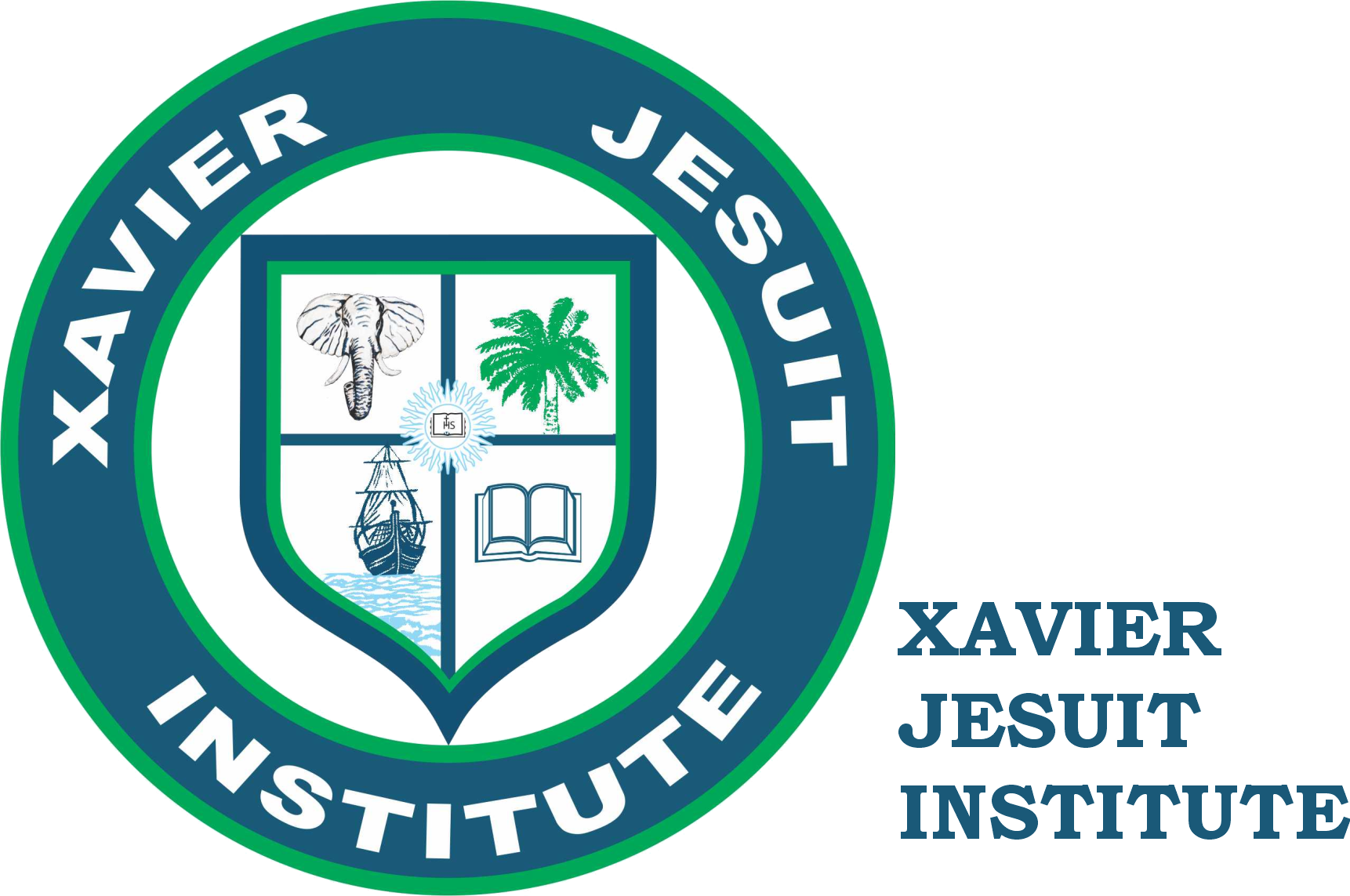
About Us
Xavier Jesuit Institute is a non-profit educational and agroecological Catholic institute with a vision to form humane persons, who creatively work for the good. The institute is part of the missions of the Jesuits (members of the Society of Jesus), a Catholic Religious Order of Priests and Brothers, founded by St. Ignatius of Loyola in 1540. While beginning small as an institute, its objective is to grow into a Jesuit university of global repute, over time. Currently, the institute operates in two distinct areas of focus: First, academic and second, agriculture. The academic component of Xavier Jesuit Institute is the Ignatian Center for Educational Leadership (ICEL), which engages in educational consultancy, capacity building, and teacher/educational stakeholder formation. The agriculture component of the institute runs a farm. The farm is situated on 538.729 hectares of land in Ogbere-Ijebu, Ogun State, Nigeria. The farm provides hands-on learning experiences for students and rural farmers in integral agriculture, agroecology and e-commerce. Xavier Jesuit Institute is committed to serving its students and immediate community, Nigeria and the world at large, in making a formidable and lasting impact on education and agriculture.
A BRIEF HISTORY
Xavier Jesuit Institute started operations in August 2022. The Jesuits have almost five centuries experience in providing quality basic to tertiary education across the globe. The starring heights of their schools in Nigeria (Loyola Jesuit College, Abuja; St. Francis Secondary School, Lagos and Jesuit Memorial College, Port Harcourt) together with their far-reaching developmental impact on their host communities and beyond, attracted keen interests of principal stakeholders in the country. And so, around 2010, some politicians, captains of businesses and industries and government officials (some of whom were beneficiaries of Jesuit education) appealed to the ANW Jesuit Province to establish a Jesuit university in Nigeria. The appeals were accompanied by numerous promises of support to bring the university into existence—and, indeed, those requests were congruent with the aspirations of the Province, at that time.
The turning point in the demands for a Jesuit university in Nigeria was the gratuitous offering of a vast land to the Jesuits by the late Bishop of Ijebu-Ode, Most Rev. Albert Ayinde Fasina. The bishop expressed his intention in a letter dated 8 July 2011, and addressed to the provincial of the ANW Jesuit Province, at that time, Very Rev. Fr. Jude Odiaka, SJ. By means of that letter, the Bishop formally invited the Jesuits to start a Jesuit university in his diocese. He gifted them a vast expanse of land covering about 538.726 hectares, and situated in Ogbere-Ijebu, along Ogbere/Old Benin Road, Ijebu East local government area. The Bishop equally supported the Jesuits through the rigorous process of acquiring legal ownership of the property.
Unfortunately, though, paucity of funds posed a major setback for an immediate actualization of the university dream. However, applying their time-tested approach to discernment, and in consultation with Bishop Fasina’s successor, Most Rev. Francis Obafemi Adesina, the Jesuits decided to take the “baby steps approach” to the project. This entails a piecemeal style of starting small, while keeping focused on the vision of establishing a university in the diocese of Ijebu-Ode.
On the 11th of November 2021, Bishiop Francis Obafemi Adesina officially invited the Jesuits to set up a Jesuit community in the diocese. That invitation formed another important milestone leading to the birth of the institute. The residence ushered a haven for the earliest staff to begin the foundational work of defining, designing, and setting up basic structures for the organization.
Xavier Jesuit institute is markedly a young enterprise; yet, activities have commenced in earnest. The institute is guided by its vision of forming men and women, who creatively work for the good of their communities, nation and world. It has, thus, begun to make impactful contributions to communities within and outside of its locality through consultancy services in school improvement, and building capacities of teachers, educational stakeholders, pastoral agents, as well as educating local farmers on environmentally friendly agricultural practices
The institute is further establishing partnership and alliances with other organizations, agencies and experts in the same sector. It continues to explore opportunities for deepening as well as expanding its reach and offerings. Over the coming years, Xavier Jesuit Institute hopes to position itself toward providing a thorough formation for persons, who would be imbued with proficiency and the requisite qualifications to creatively respond to the pressing challenges of our time and to deliver excellent solutions in the educational and agricultural sectors in Nigeria and beyond.
Purpose
Inspired by the vision of forming humane persons, who impact creatively on their communities and beyond, Xavier Jesuit Institute strives to achieve the following goals in the educational and agroecological components of the institute: The goals of the educational component include providing consultancy, school leadership formation, training for teachers and educational stakeholders, and research services for educational institutions in Nigeria and the sub-regions; the agroecological goals consist of promoting organic farming, agricultural extension services, integral agriculture, and research on best practices in eco-friendly and integral agriculture.
Vision
We strive to form humane persons, who creatively work for the common good through training educational stakeholders for excellence, and being a model agroecological farm in the West African sub-region.
Mission
We are a non-profit educational and agroecological Catholic institute. We aim to provide training and capacity building to teachers and other educational stakeholders as well as engaging in agricultural research, and offering hands-on learning experiences and skills to students and rural farmers. We do these through formation in education and leadership, consultancy, research and training in integral agriculture, agroecology and e-commerce.
